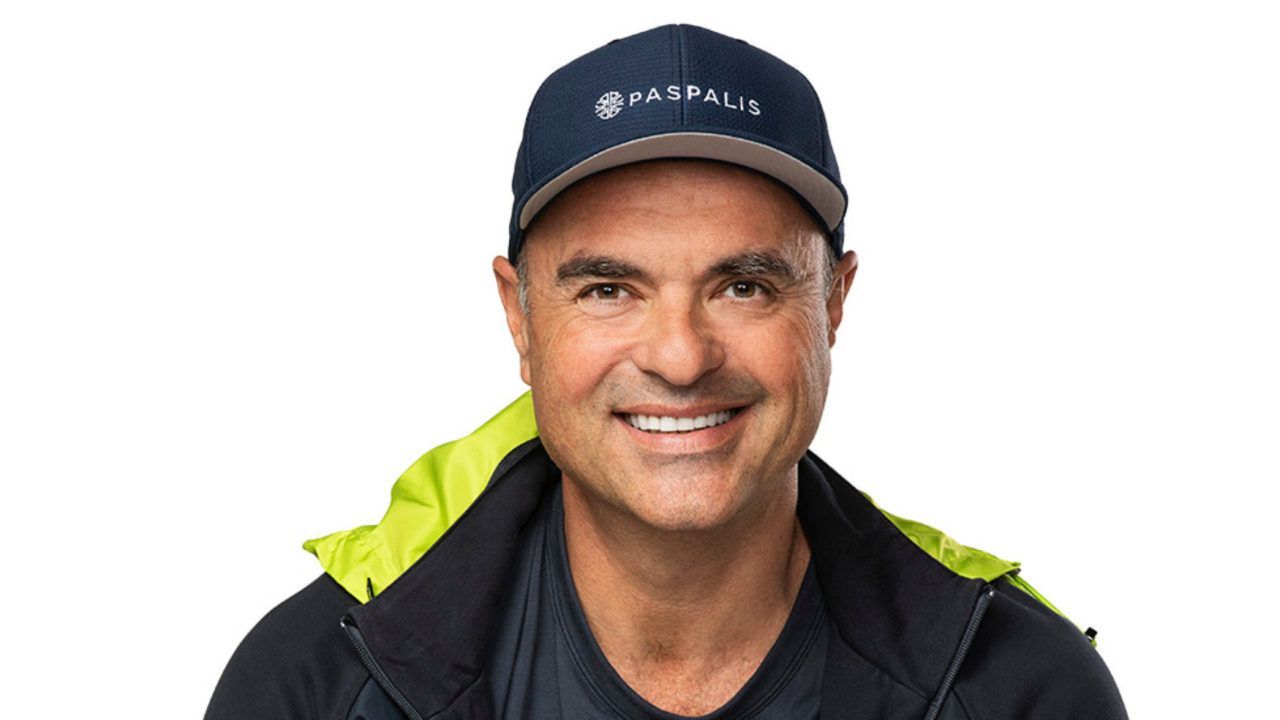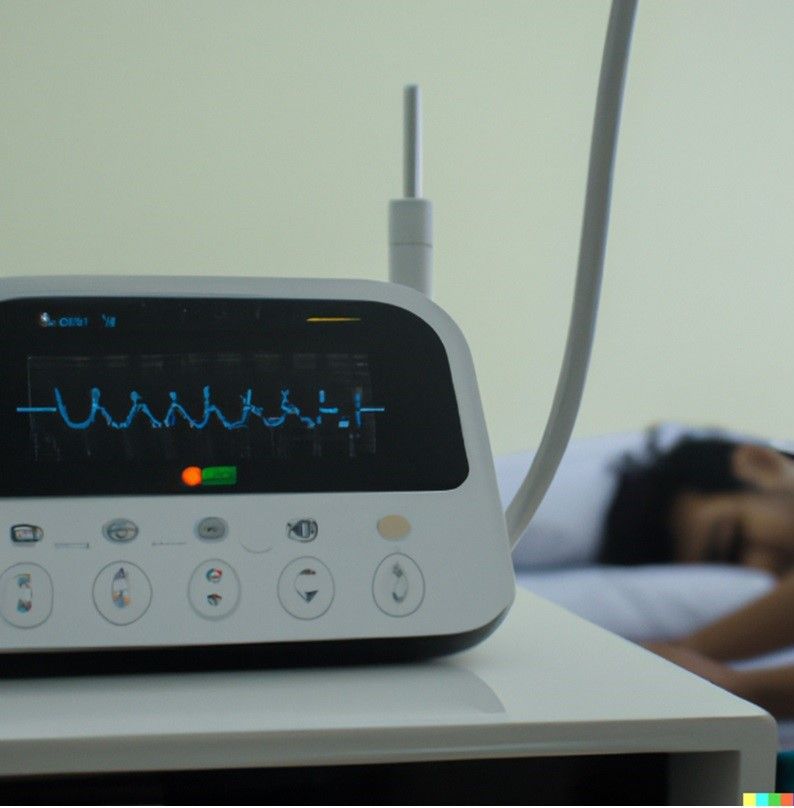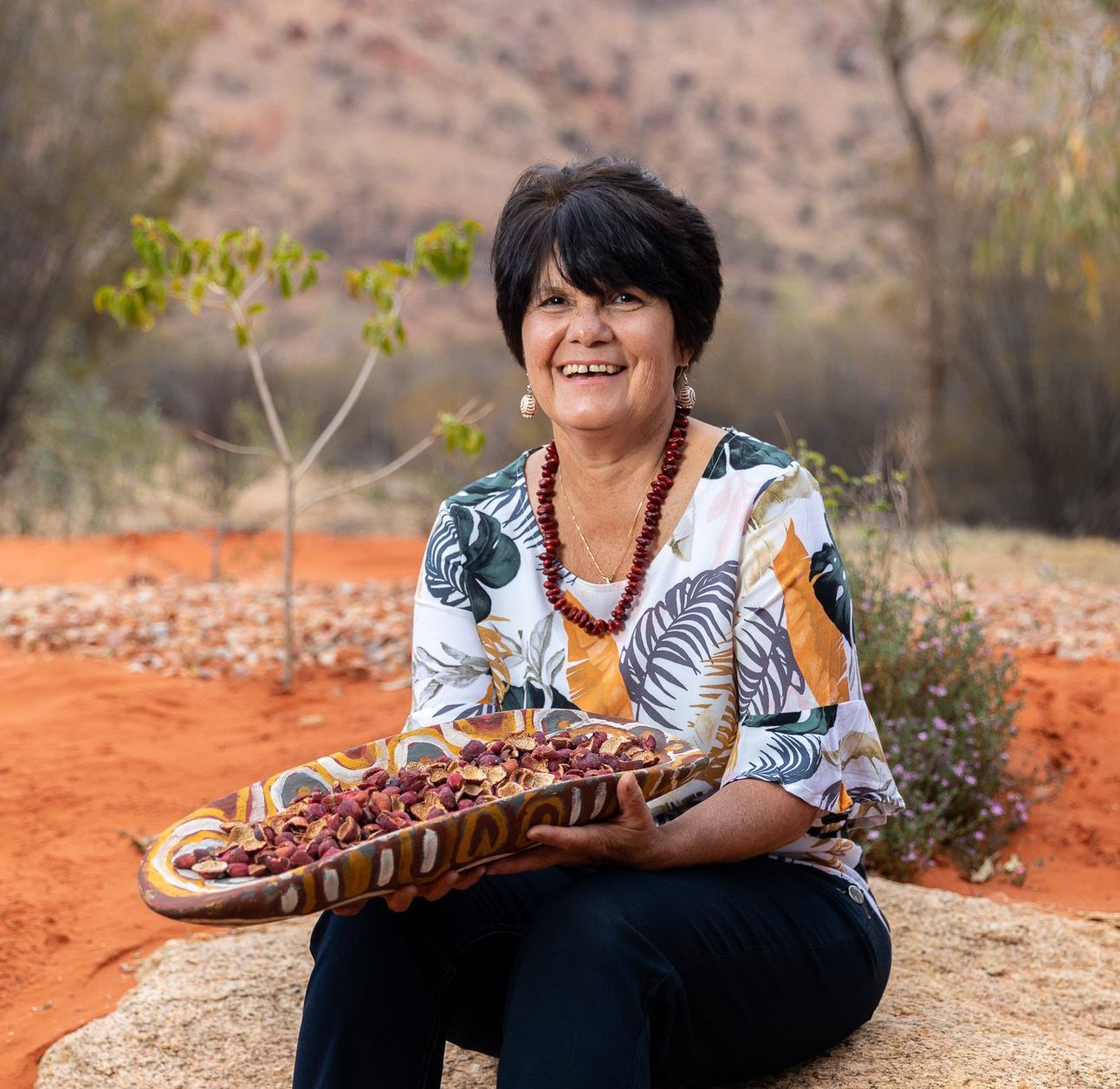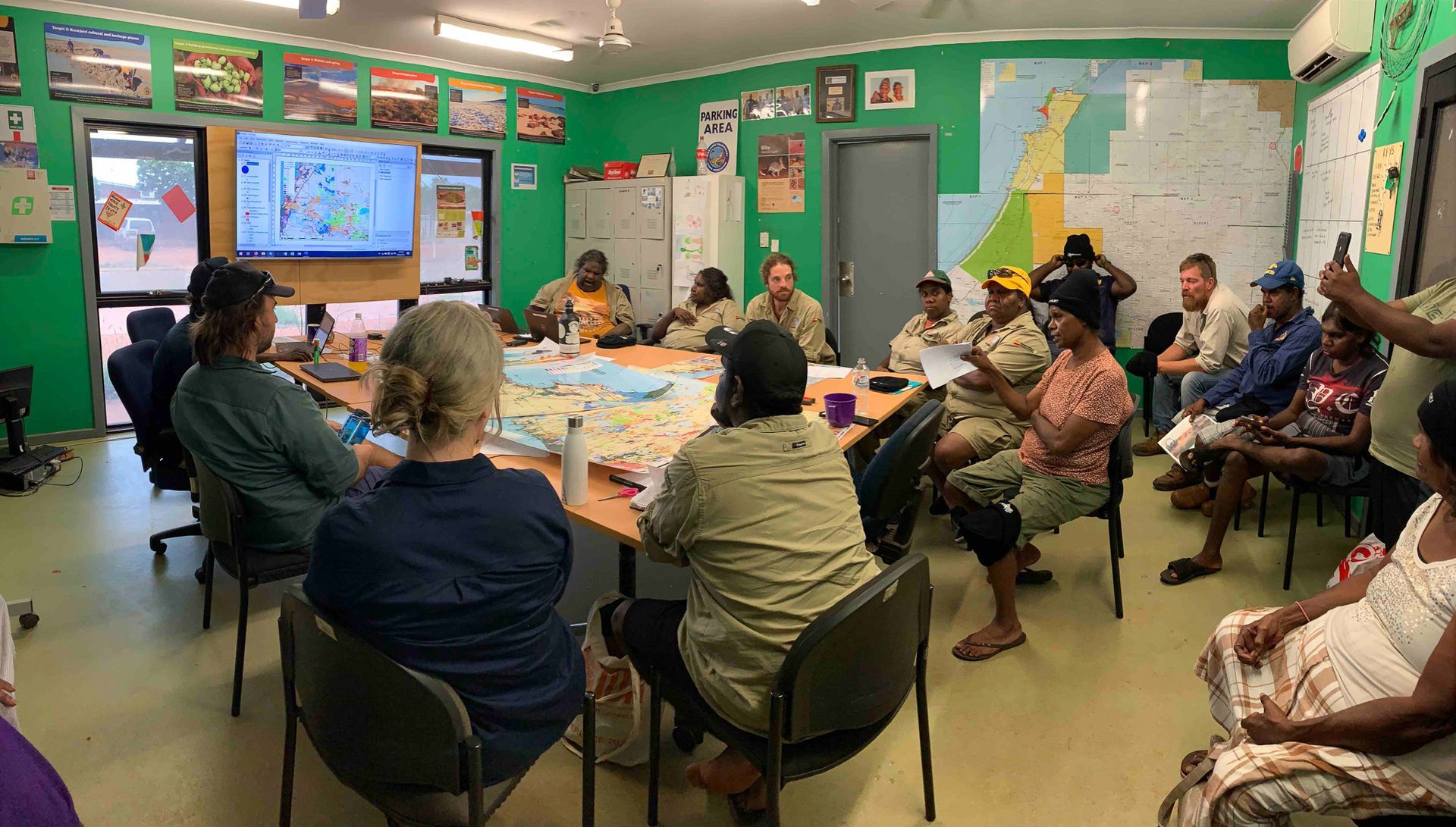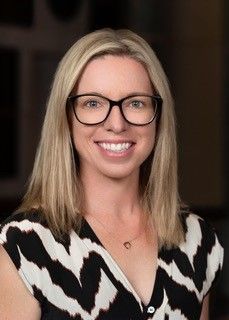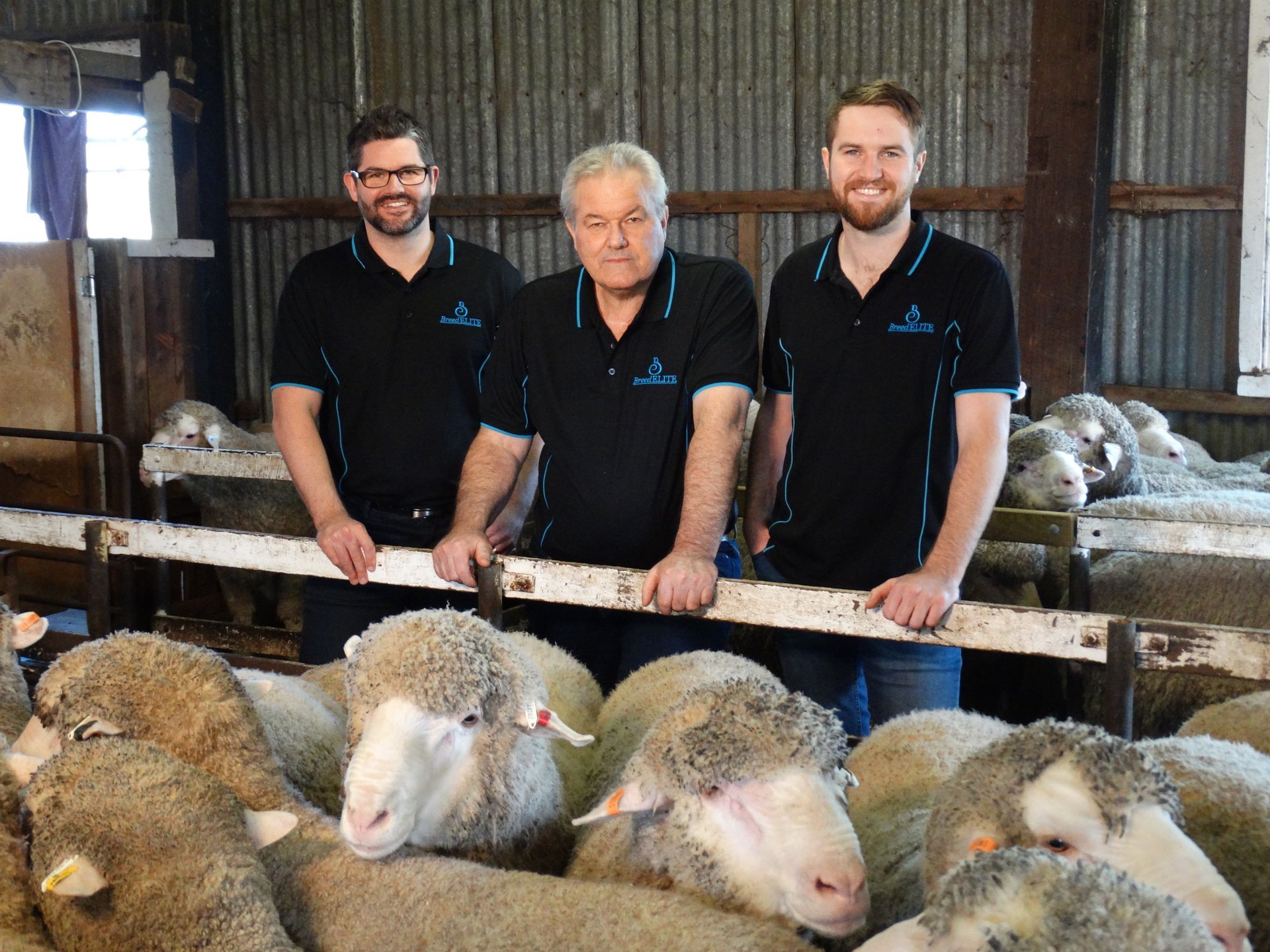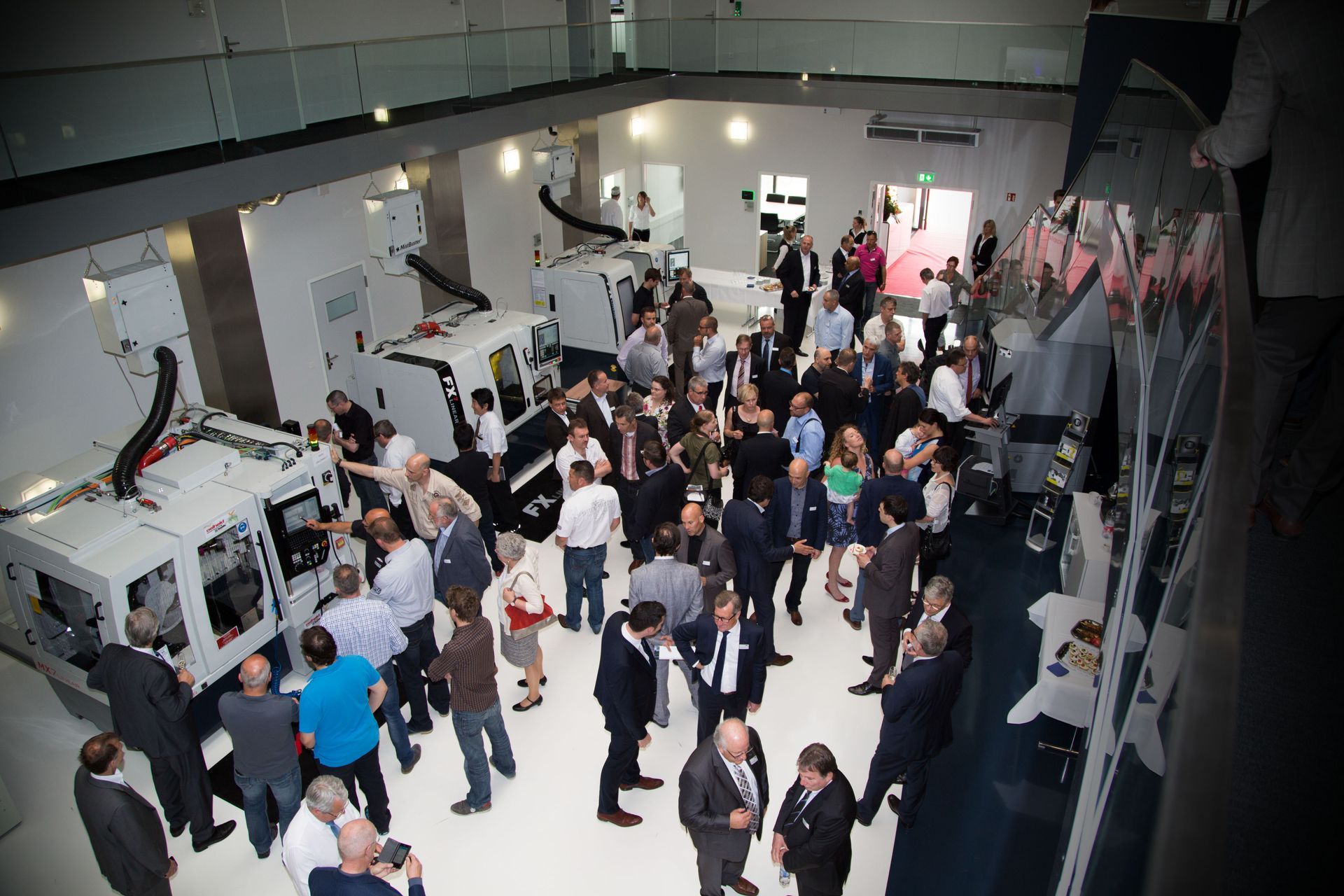Academy recognises top scientists
Georgia Fryer
Women account for ten out of 18 Australian Academy of Science award winners
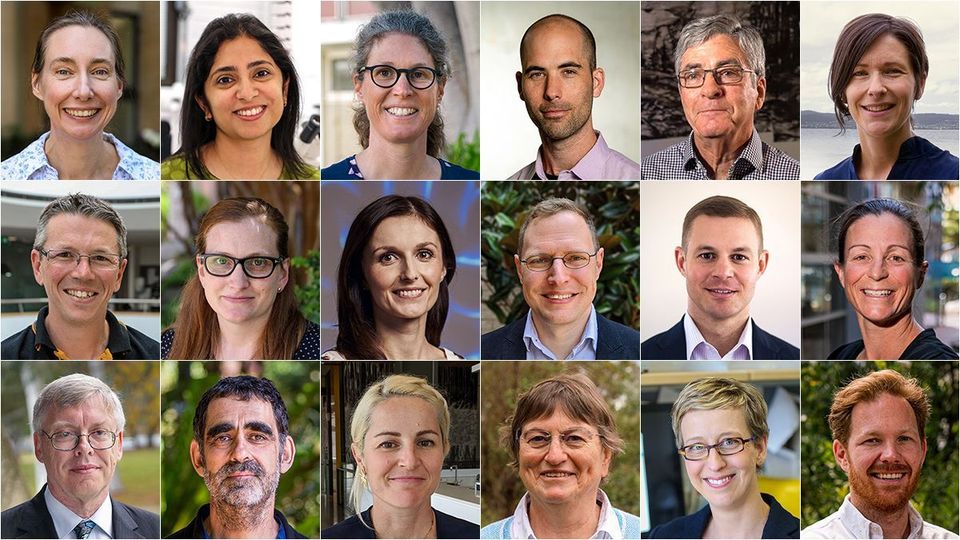
The Australian Academy of Science has selected its 2020 honorific award winners, with more than half going to women.
It is an outstanding accomplishment for Australia’s women in science, shattering the past three-year average of 30 per cent.
“It’s difficult being a woman in science, but don’t let that get the better of you. There are women doing great things here,” Professor Nicole Bell, winner of the Nancy Mills Medal said.
The honorific awards were established to recognise distinguished research in three categories: early-career scientists up to 10 years post PhD, mid-career scientists 8 to 15 years post PhD and career awards for life-long achievement.
The awards recognise scientists
across earth science, biology, medical science, engineering, chemistry, physics and human genetics.
Professor Marilyn Renfree, from the University of Melbourne, received a life-long achievement award, the Macfarlane Burnet Medal and Lecture, for her work on the understanding and conservation of Australian Marsupials.
University of Sydney’s Adjunct Professor Alexandra Martiniuk won the Gustav Nossal for Global Health for her research into primary health systems for disadvantaged populations around the world.
The Nancy Mills Medal for Women in Science was jointly awarded to Associate Professor Kate Schroder from the University of Queensland, and Professor Nicole Bell from the University of Melbourne.
Schroder was awarded for her innovative leadership in inflammatory biology research, while theoretical astroparticle physicist Bell won the medal for her research into dark matter.
Bell said this award means her hard work gets recognised and a level of visibility that can push her research forward.
University of Western Australia’s Associate Professor Britta Bienen was awarded the John Booker Medal, after developing models for analytical software used for offshore energy infrastructure around the world. Her contributions have been incorporated in international industry guidelines, and have improved the safety of people and assets.
The Ruth Stephens Gani Medal was awarded to Associate Professor Marina Pajic, from Garvan Institute of Medical Research and UNSW Sydney, for her contributions to the understanding of how cancers develop and why some of them are resistant to treatments.
For her work looking to detect the early signs of dementia through mapping memory dysfunction in the brain, Associate Professor Muireann Irish from the University of Sydney was awarded the Gottschalk Medal.
Associate Professor Irish said she’s proud to represent young women in science and wants to show women there is room in the male dominant field for them to build their career.
University of Melbourne’s Dr Jennifer Flegg received the Christopher Heyde Medal for her development of predictive statistical models that can fill in the gap when no previous data is available on drug resistance. Primarily developed for anti-malaria drugs, health agencies are now using her models to develop policies on the appropriate distribution of drugs.
The Dorothy Hill Medal was awarded to Dr Rebecca Gray from the University of Tasmania for her research in volcanology and her contributions to the understanding of eruption and hydrothermal processes on land and on the sea-floor.
Professor Madu Bhaskaran, from RMIT University, received the Frederick White Medal for her stretchable electronics, which are flexible enough to be worn on skin. Potentially, it could lead to skin-worn sensors which alert miners to dangerous gas levels, or warn people when UV-levels are unsafe.
For all aspiring young women, Associate Professor Irish says “we need to surround ourselves with a strong network, never stop helping others around us succeed and speak openly about the challenges in science as a woman.”
In addition, the following scientists were also recognised with honorific awards:
• David Graig Medal: Dr Graeme Moad
(CSIRO).
• Haddon Forrester King Medal and Lecture: Professor Ian Campbell
(Australian National University).
• Mawson Medal and Lecture: Professor Allen Nutman
(University of Wollongong).
• Fenner Medal: Associate Professor Michael Bode
(Queensland University of Technology).
• Anton Hales Medal: Dr Jan Zika
(University of UNSW Sydney).
• Christopher Heyde Medal: Professor Ryan Loxton
(Curtin University).
• Pawsey Medal: Associate Professor Adam Deller
(Swinburne University of Technology).
• Le Févre Medal: Associate Professor Ivan Kassal
(University of Sydney).
“Recognising outstanding scientific contributions is important, as award recipients are the STEM models for the next generation,” Professor John Shine, President of the Australian Academy of Science, said.
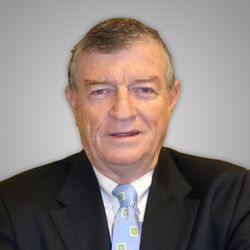
In 2016 I published a blog article titled Moonshots for Australia: 7 For Now. It’s one of many I have posted on business and innovation in Australia. In that book, I highlighted a number of Industries of the Future among a number of proposed Moonshots. I self-published a book, Innovation in Australia – Creating prosperity for future generations, in 2019, with a follow-up COVID edition in 2020. There is no doubt COVID is causing massive disruption. Prior to COVID, there was little conversation about National Sovereignty or supply chains. Even now, these topics are fading, and we remain preoccupied with productivity and jobs! My motivation for this writing has been the absence of a coherent narrative for Australia’s business future. Over the past six years, little has changed. The Australian ‘psyche’ regarding our political and business systems is programmed to avoid taking a long-term perspective. The short-term nature of Government (3 to 4-year terms), the short-term horizon of the business system (driven by shareholder value), the media culture (infotainment and ‘gotcha’ games), the general Australian population’s cynical perspective and a preoccupation with a lifestyle all create a malaise of strategic thinking and conversation. Ultimately, it leads to a leadership vacuum at all levels. In recent years we have seen the leadership of some of our significant institutions failing to live up to the most basic standards, with Royal Commissions, Inquiries and investigations consuming excessive time and resources. · Catholic Church and other religious bodies · Trade Unions · Banks (and businesses generally, take casinos, for example) · the Australian Defence Force · the Australian cricket teams · our elected representatives and the staff of Parliament House As they say, “A fish rots from the head!” At best, the leadership behaviour in those institutions could be described as unethical and, at worst….just bankrupt! In the last decade, politicians have led us through a game of “leadership by musical chairs” – although, for now, it has stabilised. However, there is still an absence of a coherent narrative about business and wealth creation. It is a challenge. One attempt to provide such a narrative has been the Intergenerational Reports produced by our federal Government every few years since 2002. The shortcomings of the latest Intergenerational Report Each Intergenerational Report examines the long-term sustainability of current government policies and how demographic, technological, and other structural trends may affect the economy and the budget over the next 40 years. The fifth and most recent Intergenerational Report released in 2021 (preceded by Reports in 2002, 2007, 2010 and 2015) provides a narrative about Australia’s future – in essence, it is an extension of the status quo. The Report also highlights three key insights: 1. First, our population is growing slower and ageing faster than expected. 2. The Australian economy will continue to grow, but slower than previously thought. 3. While Australia’s debt is sustainable and low by international standards, the ageing of our population will pressure revenue and expenditure. However, its release came and went with a whimper. The recent Summit on (what was it, Jobs and Skills and productivity?) also seems to have made the difference of a ‘snowflake’ in hell in terms of identifying our long-term challenges and growth industries. Let’s look back to see how we got here and what we can learn. Australia over the last 40 years During Australia’s last period of significant economic reform (the late 1980s and early 1990s), there was a positive attempt at building an inclusive national narrative between Government and business. Multiple documents were published, including: · Australia Reconstructed (1987) – ACTU · Enterprise Bargaining a Better Way of Working (1989) – Business Council of Australia · Innovation in Australia (1991) – Boston Consulting Group · Australia 2010: Creating the Future Australia (1993) – Business Council of Australia · and others. There were workshops, consultations with industry leaders, and conferences across industries to pursue a national microeconomic reform agenda. Remember these concepts? · global competitiveness · benchmarking · best practice · award restructuring and enterprising bargaining · training, management education and multiskilling. This agenda was at the heart of the business conversation. During that time, the Government encouraged high levels of engagement with stakeholders. As a result, I worked with a small group of training professionals to contribute to the debate. Our contribution included events and publications over several years, including What Dawkins, Kelty and Howard All Agree On – Human Resources Strategies for Our Nation (published by the Australian Institute of Training and Development). Unfortunately, these long-term strategic discussions are nowhere near as prevalent among Government and industry today. The 1980s and 1990s were a time of radical change in Australia. It included: · floating the $A · deregulation · award restructuring · lowering/abolishing tariffs · Corporatisation and Commercialisation Ross Garnaut posits that the reforms enabled Australia to lead the developed world in productivity growth – given that it had spent most of the 20th century at the bottom of the developed country league table. However, in his work, The Great Reset, Garnaut says that over the next 20 years, our growth was attributable to the China mining boom, and from there, we settled into “The DOG days” – Australia moved to the back of a slow-moving pack! One unintended consequence of opening our economy to the world is the emasculation of the Australian manufacturing base. The manic pursuit of increased efficiency, lower costs, and shareholder value meant much of the labour-intensive work was outsourced. Manufacturing is now less than 6% of our GDP , less than half of what it was 30 years ago!
